Over 7000 child assessments using our Early Learning Measurement (ELOM) tools were carried out between April 2022 and March 2023 – our first year of operation. Organisations that have used the ELOM tools are mostly research consultancies and NGOs that deliver early learning programmes or early learning training services in South Africa. We refer to these organisations as our early adopters and, this past week, we bought NGO users together for the inaugural two-day in-person ELOM NGO Community of Practice (CoP) event in Cape Town.
Attendees were drawn from decision-making positions at 16 NGOs operating across six provinces. Participants included chief operating officers, monitoring & evaluation managers, quality managers, as well as senior staff responsible for programme design and support such as occupational therapists.
Motivating data-driven decision making
We learned that the majority of these organisations are using assessment outcomes to make data driven decisions about their programming. For example, one NGO representative shared how ELOM results revealing poor numeracy development had prompted a revision of the programme to include more numeracy modules.
Early learning NGOs are also using ELOM assessment data to motivate for funding based on evidence that their work is resulting in improved developmental outcomes for children, and are increasingly finding that donors expect a rigorously and independently evaluated programme. The ELOM tools are recognised as psychometrically valid, standardised, fair, and appropriate for the local context.
Streamlining the ELOM user journey
Our goal at DataDrive2030 is to democratise data so that individuals and organisations with different levels of expertise, and in a variety of challenging contexts, can use the ELOM tools and data outputs to effect change for children. We understand that data analysts and research consultants are often beyond the financing scope of early learning organisations operating in our poorest communities. This shouldn’t mean that they are excluded from data assessments or evidence-based programme adjustment.
The NGO CoP also offered insights into some of the challenges that users are experiencing in accessing the ELOM tools, conducting fieldwork, and translating the results into action. Based on this valuable feedback, we are working on improvements to our website, portal, and internal processes to ensure a smoother and better signposted user journey across the full data value chain
From microchange to scale
In addition to interrogating the ELOM user journey, the NGO CoP was used as an opportunity to share data insights emerging from ELOM metadata around stunting, positive deviants in income poor communities, and trends in domain performance across the socio-economic spectrum.
The NGO CoP highlighted the ways in which ELOM users are facilitating data informed changes within varied contexts. The metadata that are generated will improve our collective understanding of what interventions work in the South African context, and offer lessons into how these can be applied systematically at scale.
Join future CoPs
The NGO CoP will be convened on a regular basis (frequency to be determined) and ongoing peer-to-peer learning will be sustained via digital platforms.
We believe in the power of CoPs to improve practice, collaboration, and collectively problem-solve. In the medium term, we plan to set up the following additional CoPs:
- CoP for ELOM trainers and assessors, aiming to ensure good data quality and to recognise and reward excellence
- CoP for researchers, aiming to identify opportunities for shared learning from the ELOM data
- Regional CoPs for ECD practitioners, aiming to encourage shared learning and advocacy
If your organisation would like to join the NGO CoP, or any of the CoPs listed above please email us on info@datadrive2030.co.za. If you have questions about using the ELOM tools to assess your organisation’s early learning programme, please get in touch with us via this form.
